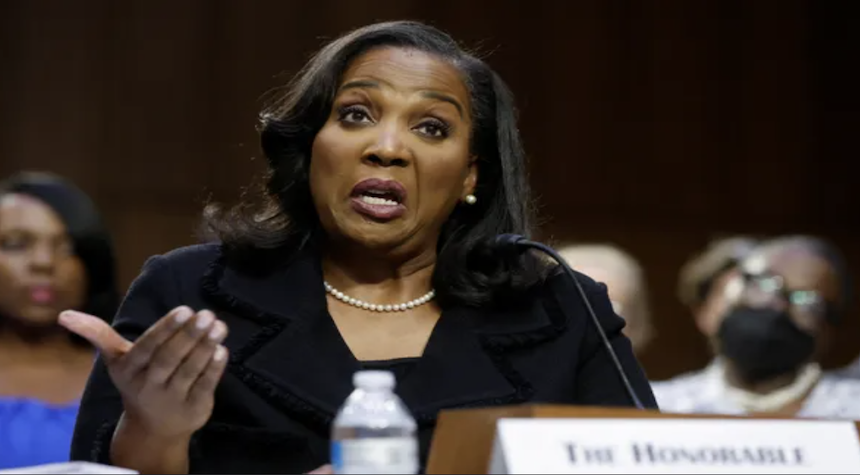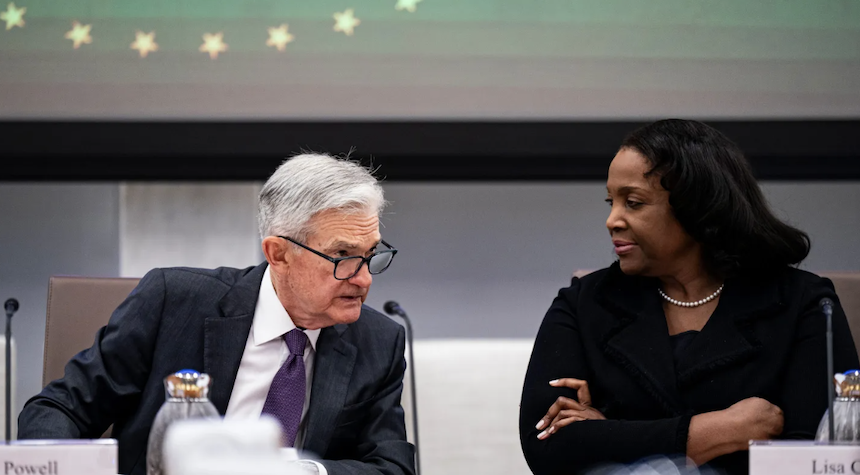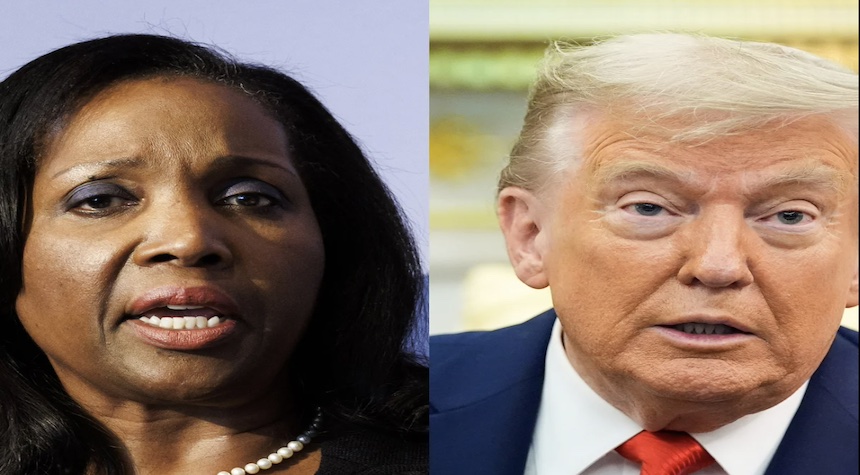A federal judge in Washington heard arguments Friday in a case that could determine whether President Donald Trump has the legal authority to remove Federal Reserve Governor Lisa Cook from the central bank’s board. The outcome may have significant implications for the balance of power between the White House and the Federal Reserve, an institution designed to operate with political independence.
Cook, appointed by President Joe Biden in 2022, is seeking an emergency injunction to block her removal. The White House moved to dismiss her following allegations raised by Bill Pulte, a Trump appointee to the Federal Housing Finance Agency, who accused Cook of mortgage fraud related to property transactions in 2021. Cook has denied any wrongdoing, and her attorneys argue that the claims are politically driven.
During the hearing, Cook’s attorney, Abbe David Lowell, said the president lacks authority to remove a Fed governor based on unproven allegations, adding that the move appears intended to shift the balance of the seven-member board. The Justice Department countered that Cook has yet to address discrepancies in her mortgage documents, suggesting the concerns remain unresolved.

Pulte’s claims center on whether Cook improperly classified a condominium in Cambridge, Massachusetts, as a “second home” rather than an investment property. He has also questioned two additional properties in Michigan and Georgia. No supporting evidence has been publicly presented. Cook’s legal team described the allegations as an effort to create a vacancy for a Trump nominee.
The case comes at a sensitive time for the Federal Reserve. No president has removed a governor in the institution’s 112-year history. Federal law permits removal only “for cause,” generally interpreted as inefficiency, neglect of duty, or misconduct. Cook’s attorneys argue that the allegations, even if substantiated, do not meet that threshold. Economists and legal experts warn that expanding presidential removal power could challenge the Fed’s independence, which is considered essential to maintaining credibility in monetary policy decisions.
Also Read: CDC Appoints New Acting Director Amid Leadership Turmoil
The Fed’s benchmark interest rate currently stands between 5.25% and 5.50%, unchanged for five consecutive meetings. Trump has publicly urged the Fed to cut rates, while Chair Jerome Powell and other board members have maintained that inflation risks justify caution. While presidents from both parties have disagreed with Fed policy, efforts to directly remove governors are unprecedented.

The case also fits into a broader debate over presidential influence on independent agencies. Trump has taken steps to reshape several such institutions, and recent Supreme Court rulings have generally supported broader removal powers. However, the Court has previously described the Fed as a “uniquely structured, quasi-private entity,” leaving uncertainty over whether the same standards will apply.
If Cook is removed, Trump would likely gain a 4–3 majority on the board. He has already nominated White House economic adviser Stephen Miran to another open seat and has indicated he plans to appoint officials supportive of lower interest rates.


